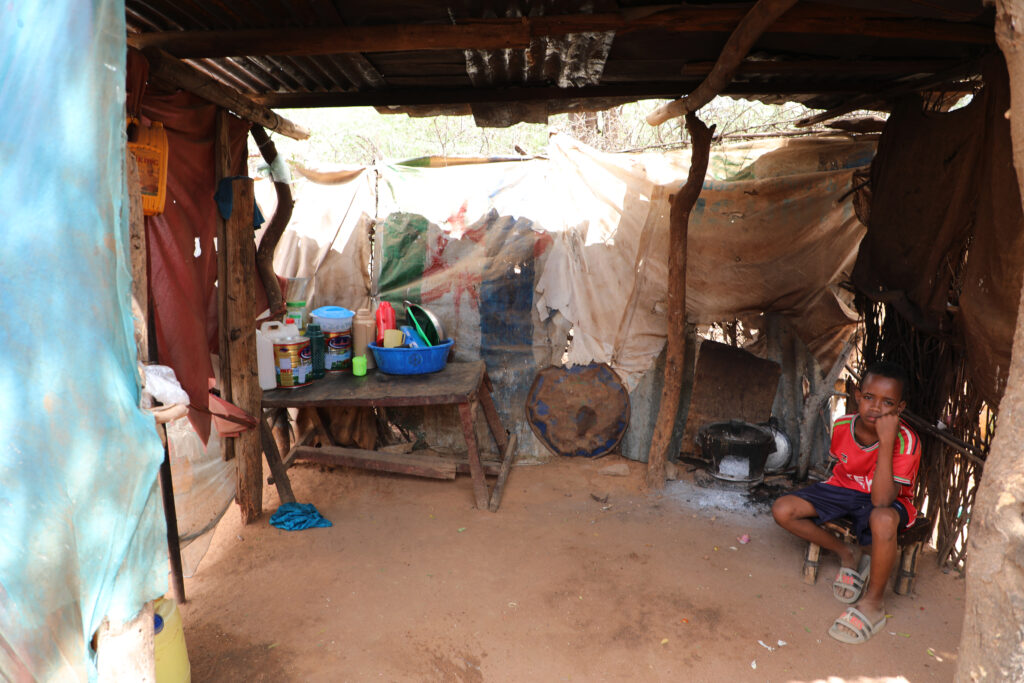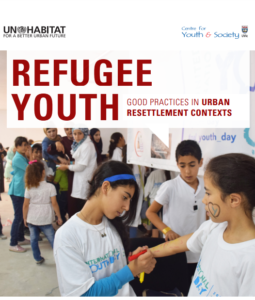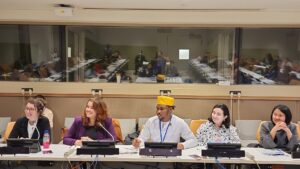15 January 2023, Nairobi. – Revisiting a brief developed by UN-Habitat and the University of Victoria, Canada, and presented at the World Humanitarian Summit in Istanbul, Turkiye, in 2016.
UN-HABITAT and the Centre for Youth & Society, University of Victoria, Canada have published a report addressing the particular challenges and capacities of refugee youth in resettlement contexts at an event.
Refugee youth aged 15 to 24 years comprise approximately 35% of the total refugee population. How refugee youth are welcomed – what health, housing, language, recreational and employment supports are available and how these services are designed and delivered plays a significant role in creating social cohesion and equity. The report focuses on good practices, that is, descriptions and examples of appropriate and effective processes, programs, and services that have been developed and delivered specifically addressing the wellbeing of young refugees.
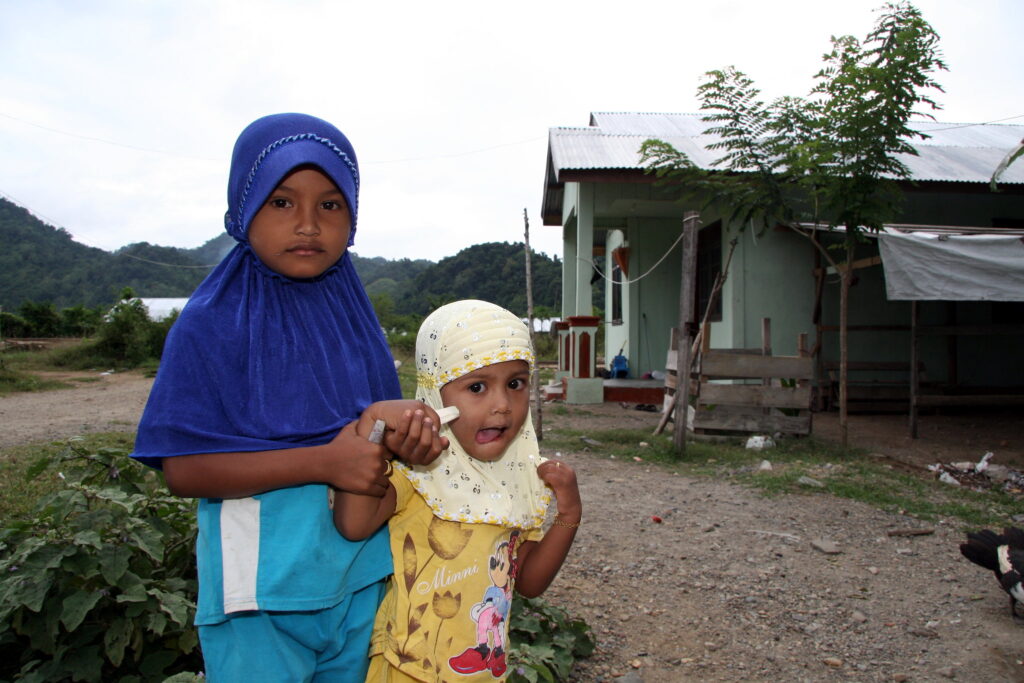
The report focuses on the distinct skills and knowledge that inform better responses to welcoming refugee youth in resettlement contexts. Programs and activities can then be developed that are cognizant of what works and that provide spaces for refugee youth to build their own capacities, foster resilience and, importantly, participate in their host communities.
UN-Habitat recognizes that many refugees and migrants are young people and tailored programmes need to be developed to assure their healthy development. We are looking to work with our partners in local government to develop these programmes, and this evidence based research report provides a road map for local and national governments looking to design programmes for refugees and migrants.
The study suggests several overall key points to consider when working with young refugees: there is no universal refugee experience; agency is emphasized – in contrast to being passive recipients of services; attention to gender is critical; participation and a resiliency lens is more helpful than a vulnerability or deficit lens; continued connection to cultural identity is important and cultural competency is a key requirement for resettlement workers.
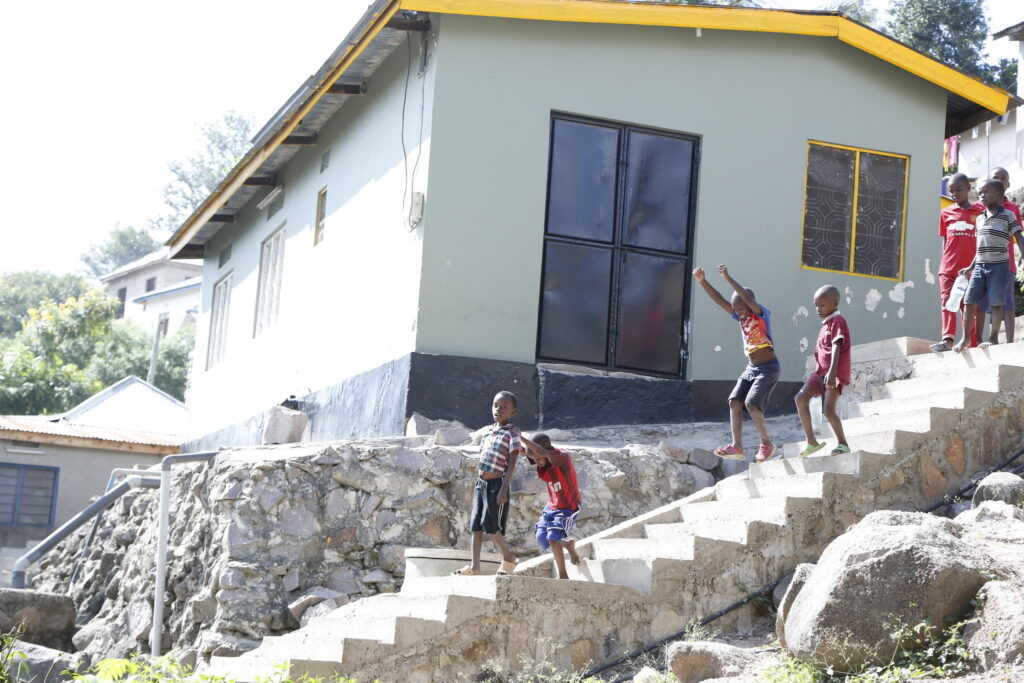
Non-governmental organizations and public institutions that intersect with youth early in the resettlement process have the potential to contribute greatly to the inclusion and wellbeing of these youth. According to Dr. Anne Marshall, Director, Centre for Youth and Society (CFYS) at the University of Victoria, Canada, “sharing good practices will strengthen the actions of many around the world who are welcoming these unprecedented numbers of refugee youth.”
“A key message in this report is that migrant and refugee youth are capable agents, not just as recipients of services ”, states Doug Ragan, Programme Management Officer, Human Rights and Social Inclusion, “for the full potential of these youth to be realized for themselves and their host communities and countries, they must be engaged meaningfully.”
UN Habitat and the Centre for Youth and Society maintain that veritable inclusion rests on refugee youth being safe and valued, supported to contribute to their host communities, and being recognized for their unique perspectives and competencies.
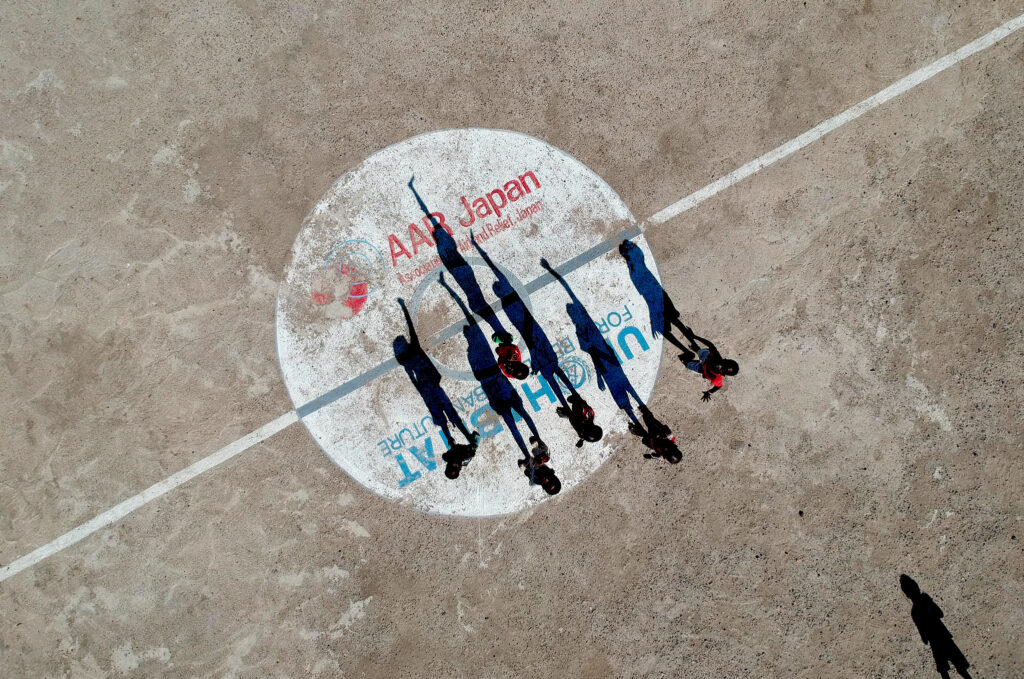
Key points from the report, within the context of refugee youth (15 to 24 years of age) resettlement:
Language: Effective language programs aim to validate and support the multiple identities and life experiences of refugee youth.
Gender: The overall integration and long-term employment outcomes of refugee youth are greatly impacted by the support they receive during their first years of resettlement.
Housing: The lack of available housing, particularly in urban centres, where housing costs tend to be higher, impacts the ability of resettlement services to effectively meet the needs of refugees.
Employment: The overall integration and long-term employment outcomes of refugee youth are greatly impacted by the support they receive during their first years of resettlement.
Mental Health: If refugees can maintain any connection to their cultural identity, this can be a resource for strength and resilience, not only for refugee youth but also for the family unit as a whole.
Sports: Engagement in sports has been directly credited as an effective ingredient in the restoration of resiliency and normalcy in times of upheaval.
Arts: Arts-based initiatives provide important opportunities for validating the diverse experiences of refugee youth, promoting agency and empowerment, fostering resiliency and creativity, and providing safe spaces for youth to express themselves, have fun and to explore and share their cultural identities.

